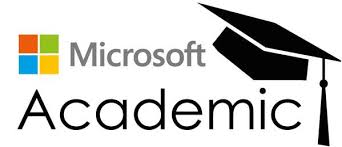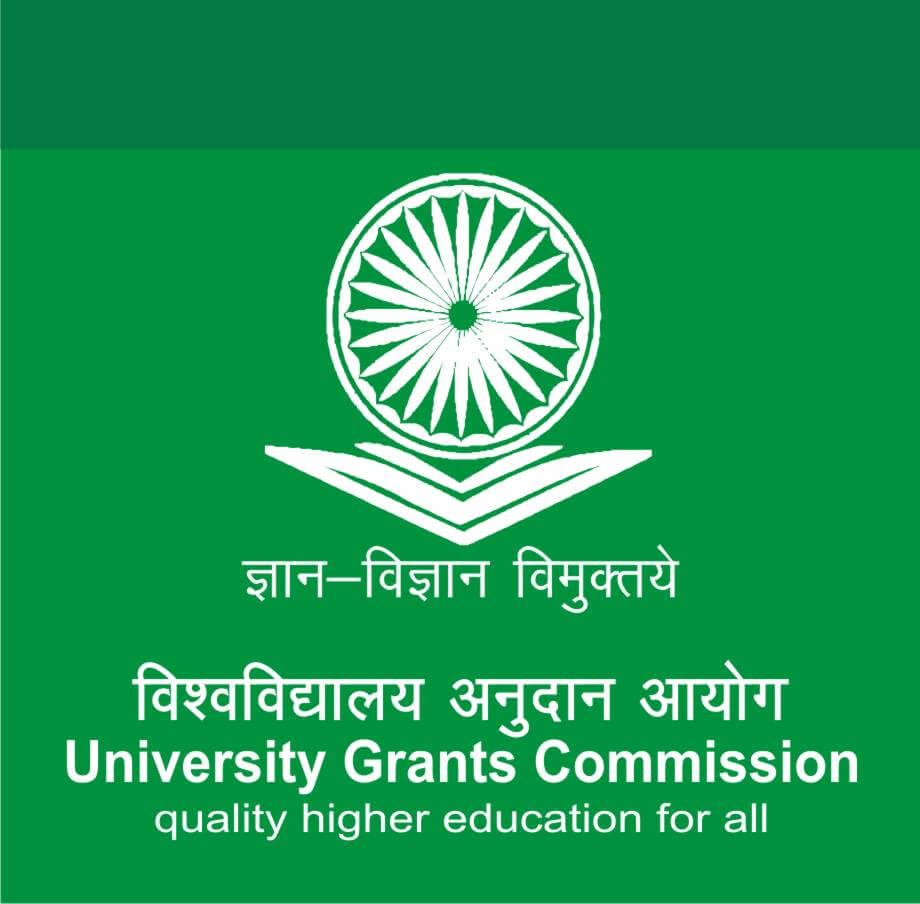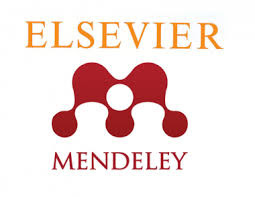INTERNATIONAL JOURNAL OF CREATIVE RESEARCH THOUGHTS - IJCRT (IJCRT.ORG)
International Peer Reviewed & Refereed Journals, Open Access Journal
IJCRT Peer-Reviewed (Refereed) Journal as Per New UGC Rules.
ISSN Approved Journal No: 2320-2882 | Impact factor: 7.97 | ESTD Year: 2013
Call For Paper - Volume 13 | Issue 10 | Month- October 2025
Scholarly open access journals, Peer-reviewed, and Refereed Journals, Impact factor 7.97 (Calculate by google scholar and Semantic Scholar | AI-Powered Research Tool) , Multidisciplinary, Monthly, Indexing in all major database & Metadata, Citation Generator, Digital Object Identifier(CrossRef DOI)
Contact Us Click Here
WhatsApp Contact Click Here
Published Paper Details:
Paper Title
SPACE DEBRIS REMOVAL USING AI AND DEEP LEARNING
Authors
Devesh Shailesh Auti, Anushree Ajit Kale, Atharva Vijay Deo, Shivam Shendre
Keywords
- Space Debris, AI Driven Frame work, Data Fusion Algorithms, Satellite-Based Sensors, Autonomous Decision-Making; space Debris Remediation.
Abstract
The term "space debris" refers to spacecraft not removed from orbit at the end of their service life, upper stages in the geostationary orbit region, as well as to the fragments of spacecraft and upper stages formed as a result of deliberate or accidental collision of spacecraft and upper stages with each other or with natural space debris.
The problem of removing space debris from outer space is a global problem. Many countries are realizing projects on space debris cataloging, various technical means are being studied for space debris removal into graveyard orbits with parameters agreed upon by the international community. Various countries conducting space exploration have adopted special standards and guidelines for preventing the space debris formation
The exponential growth of space debris poses a significant threat to future space missions and the sustainability of space exploration. This project focuses on the development and implementation of an innovative AI-driven framework for efficient and autonomous space debris removal. Leveraging advanced machine learning and computer vision techniques, the proposed system autonomously identifies, tracks, and categorizes space debris, enabling targeted and precise removal strategies. The framework integrates real-time data analysis, predictive modeling, and robotic control to orchestrate coordinated debris collection and disposal operations. Through a combination of satellite-based sensors, data fusion algorithms, and autonomous decision-making, the AI system demonstrates remarkable adaptability and scalability, ensuring the continual mitigation of space debris risks.
Furthermore, the project emphasizes the importance of international collaboration and regulatory frameworks for the adoption of standardized practices in sustainable space debris management. This research represents a significant step toward the establishment of a safer and more sustainable space environment, fostering the continued progress of humanity's exploration and utilization of outer space.
IJCRT's Publication Details
Unique Identification Number - IJCRT24A3321
Paper ID - 254538
Page Number(s) - l187-l200
Pubished in - Volume 12 | Issue 3 | March 2024
DOI (Digital Object Identifier) -
Publisher Name - IJCRT | www.ijcrt.org | ISSN : 2320-2882
E-ISSN Number - 2320-2882
Cite this article
Devesh Shailesh Auti, Anushree Ajit Kale, Atharva Vijay Deo, Shivam Shendre, "SPACE DEBRIS REMOVAL USING AI AND DEEP LEARNING", International Journal of Creative Research Thoughts (IJCRT), ISSN:2320-2882, Volume.12, Issue 3, pp.l187-l200, March 2024, Available at :http://www.ijcrt.org/papers/IJCRT24A3321.pdf
Article Preview
Indexing Partners
Call For Paper October 2025
Call For Papers
October 2025
Volume 13 | Issue 10
Last Date :
31-Oct-2025
Submit Manuscript Online Impact Factor: 7.97 Review Results : Within 02-03 Days Paper Publication : Within 02-03 Days
October 2025
Volume 13 | Issue 10
Last Date :
31-Oct-2025
Submit Manuscript Online Impact Factor: 7.97 Review Results : Within 02-03 Days Paper Publication : Within 02-03 Days
Published Issue Details
For Authors
Forms / Downloads
Other IMP Links
Indexing Partner
Research Area
LICENSE
ISSN and 7.97 Impact Factor Details

ISSN: 2320-2882 Impact Factor: 7.97 and ISSN APPROVED Journal Starting Year (ESTD) : 2013
ISSN and 7.97 Impact Factor Details

ISSN: 2320-2882 Impact Factor: 7.97 and ISSN APPROVED Journal Starting Year (ESTD) : 2013
DOI Details
CONFERENCE
CONFERENCE MANAGMENT & PUBLICATION CONFERENCE PROPOSAL
RECENT CONFERENCE

CONFERENCE PROPOSAL CONFERENCE PROCEEDINGS

CONFERENCE PROPOSAL CONFERENCE PROCEEDINGS
For Reviewer /Referral (RMS) Earn 500 per paper
Important Links
NEWS & Conference
Digital Library
IJCRT RMS | Earn 500 Per Paper.
LICENSE
Indexing Partner






































































